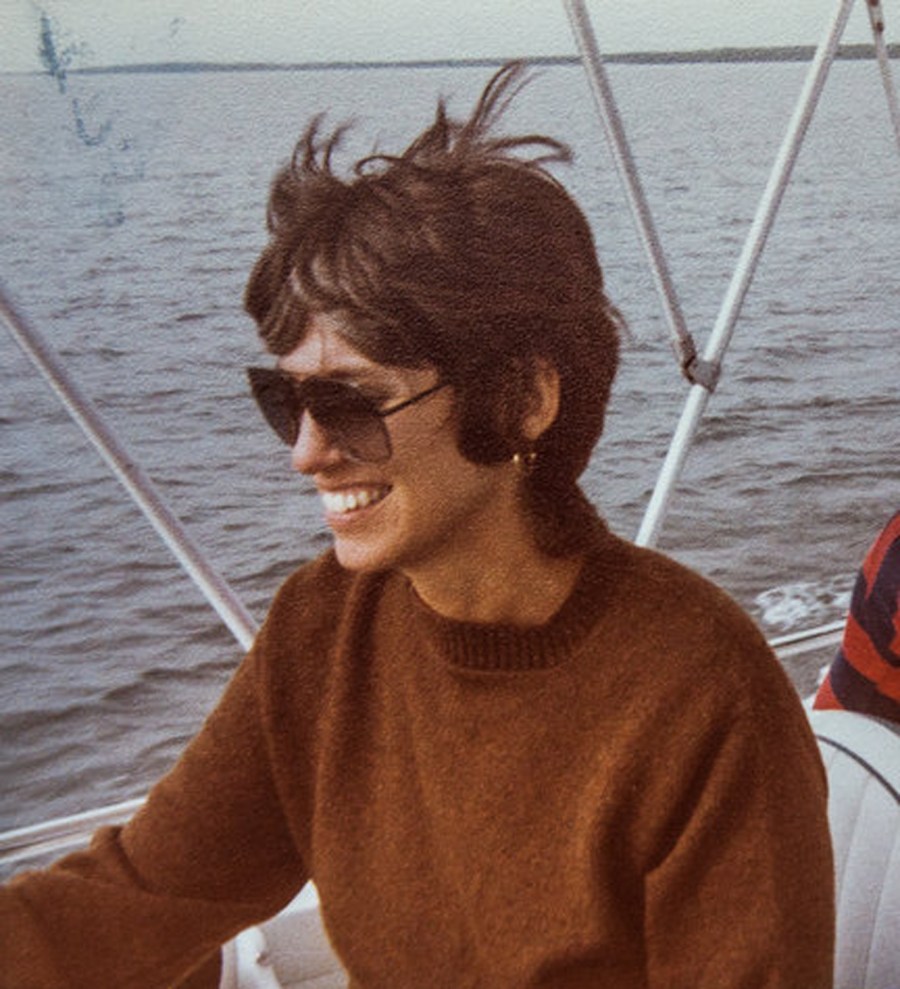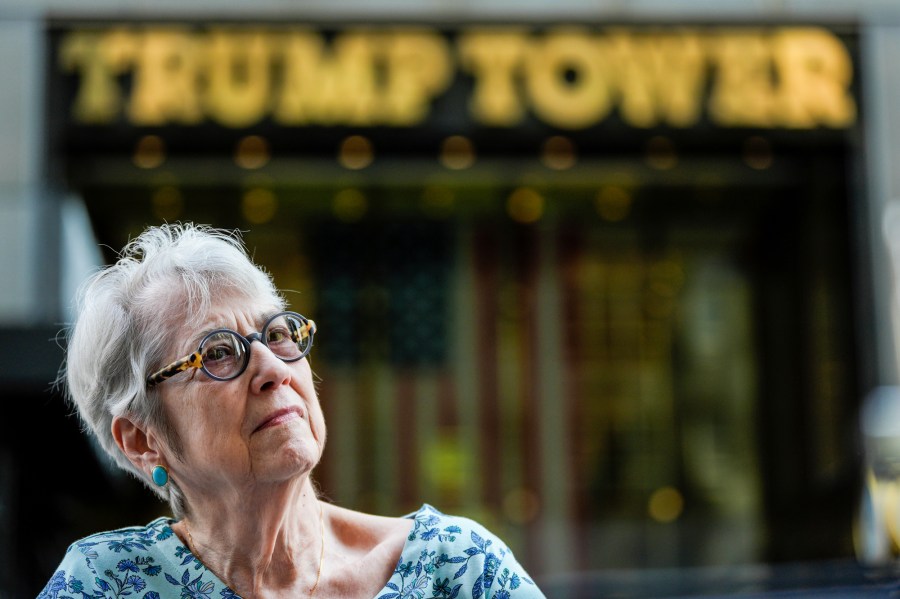Over the weekend, I shared what I believe to be the real reasons Donald Trump showed up to Friday’s oral argument in his appeal of E. Jean Carroll’s first civil verdict against him. But I didn’t focus on what happened at the argument itself — or at his purported “press conference” thereafter.
Friday’s argument — where the legal focus was whether the admission of evidence of Trump’s alleged, prior sexual assaults was erroneous, and if so, whether that error was or was not harmless — turned out to be much less about Carroll herself than another octogenarian, Jessica Leeds. Shortly after the “Access Hollywood” tape was leaked in 2016, Leeds alleged that an “octopus”-like Trump groped her breasts and reached under her skirt as they sat in adjoining seats in the first-class cabin of an airplane in the late 1970s. And her testimony in Carroll’s first trial, Trump’s lawyers maintained, should not have been admitted because it was not yet a federal crime to commit sexual assault on a plane at the time of the alleged assault.
The amount of time devoted to discussing Leeds’ testimony was a surprise, yes. But the real shock came hours later when, holding court at Trump Tower, the former president decided to attack Leeds, insisting “she made up the story,” and continuing, in part:
So think of the impracticality of this. I’m famous. I’m in a plane. People are coming into the plane, and I’m looking at a woman, and I grab her and I start kissing her and making out with her. What are the chances of that happening? What are the chances? And frankly, I know you’re going to say, “It’s a terrible thing to say,” but it couldn’t have happened. It didn’t happen, and she would not have been the chosen one.
Perhaps realizing what he had said, Trump ruefully concluded, “Now I assume she’ll sue me now for defamation.”

While Leeds hasn’t sued, it’s not clear that Trump’s prediction is wrong. Indeed, at a press conference of her own Monday, Leeds said she is “considering a number of options” because of Trump’s “latest remarks.”
It might seem strange that Leeds could file suit now; after all, the alleged incident itself happened, as Leeds acknowledged, nearly 50 years ago. But the timeliness and validity of a defamation claim turns not on the age of the underlying events but rather when the defendant makes a knowingly false statement and with malice.















